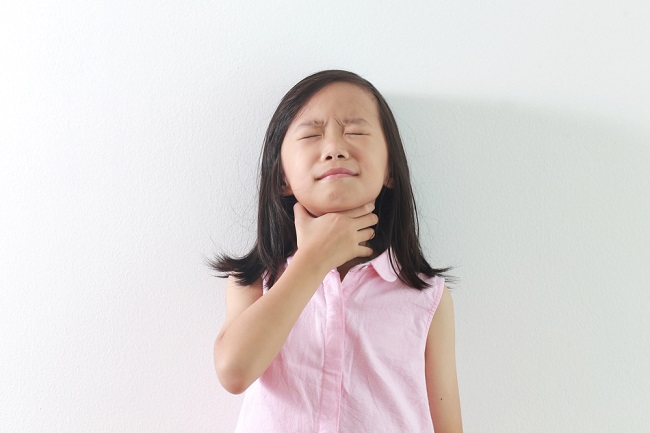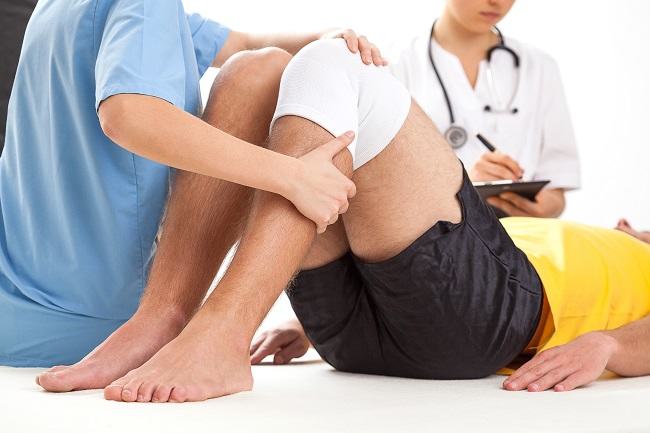Hookworm disease is still a major problem in several countries. In Indonesia, the incidence of this disease is still very high, up to 62% in certain areas.
There are several types of worms that can cause hookworm disease. Among others are Necator americanus and Ancylostoma duodenale. Worm larvae in soil can infect humans through unprotected skin.

Larvae that enter the skin will be carried by the bloodstream and enter the lungs, then move to the esophagus. The worm larvae can then be swallowed and finally enter the small intestine, where they live and grow into adult worms by sucking blood from the intestinal wall.
Who Is Most At Risk Of Suffering From Hookworm Disease And What Are The Symptoms?
Doing activities in areas with poor sanitation without using footwear has a high risk of causing a person to get hookworm disease. People who do not maintain cleanliness and are lazy to wash their hands can also be infected with hookworms.
Symptoms of hookworm disease can appear from the larvae entering the skin until the worms are already in the intestines. When hookworm larvae enter the skin, the area may develop an allergic reaction that causes a rash and itching. In addition, worm larvae in the lungs can also cause coughing, fever, and shortness of breath.
The most obvious symptoms are usually symptoms due to worm infection in the digestive tract. This is because worms can grow large and multiply in the intestines. The more worms in the intestine, the more blood is drawn. In addition, worms can also cause inflammation of the intestines.
The following are symptoms of the digestive tract that can occur due to hookworm disease:
- Stomach pain or cramping
- Nausea and vomiting
- Decreased appetite
- Diarrhea
- Bloody stools
Even so, hookworm disease can also not cause any complaints so it is not treated. Over time, this disease can cause sufferers to experience anemia and severe protein deficiency.
Symptoms of this condition include fatigue and weight loss. In children, it can even interfere with their physical and mental growth and development.
Handling Hookworm Disease
If someone comes to the doctor with complaints that point to hookworm disease, the doctor may suggest examining feces or stool using a microscope to confirm the presence of hookworm eggs or larvae.
If eggs or worm larvae are found, the doctor will give medicine to kill the worms. Deworming drugs commonly used to treat hookworm include:
- Albendazole, taken 1 time a day for 1-3 days
- Thiabendazole, taken 3 times a day for 3 days
- mebendazole, taken 2 times a day for 2 days in a row
For people with hookworm disease who already have severe anemia, doctors also prescribe iron supplements to treat the condition. Patients will also be advised to eat high-protein foods to replace protein lost due to hookworm infection.
Hookworm disease can attack anyone. In order to avoid this disease, you are advised to wear footwear, especially when walking on soil that may be contaminated with worm larvae.
In addition, you are also advised to wash food ingredients thoroughly and cook them properly to reduce the risk of hookworm disease.
If you often don't wear shoes outside and experience recurring stomach pains or diarrhea that is accompanied by paleness and fatigue, there's a good chance you have hookworm. Immediately consult a doctor to get the right treatment.









